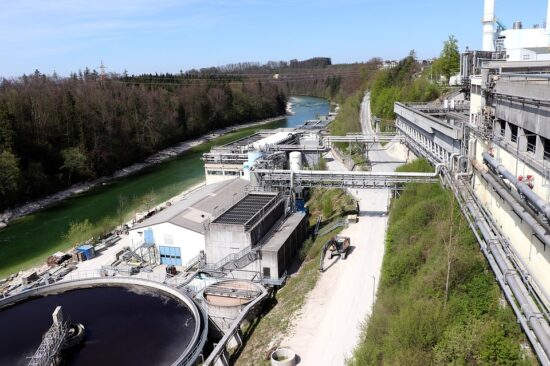Metagenomic Analysis of Urban Wastewater Treatment Plant Effluents in Tokyo
Urban wastewater treatment plant (WWTP) effluents, even with proper treatment, may cause antimicrobial resistance (AMR) burden, with a high frequency of acquired antimicrobial resistance genes (ARGs). The dissemination of ARGs into the environment increases the risk of infectious diseases; however, there is little direct evidence regarding their epidemiological effects. This study aimed to assess effluents from urban WWTPs around the Tama River and Tokyo Bay using metagenomic analysis of (AMR) genes (ARGs) and heavy-metal resistance genes.
We characterized a baseline level of the environmental ARG/HMRG profile in the overall community, suggesting that environmental AMR surveillance, particularly in urban WWTPs, is a valuable first step in monitoring the AMR dissemination of bacteria from predominantly healthy individuals carrying notable ARG/Bs.
AMR NEWS
Your Biweekly Source for Global AMR Insights!
Stay informed with the essential newsletter that brings together all the latest One Health news on antimicrobial resistance. Delivered straight to your inbox every two weeks, AMR NEWS provides a curated selection of international insights, key publications, and the latest updates in the fight against AMR.
Don’t miss out on staying ahead in the global AMR movement—subscribe now!





